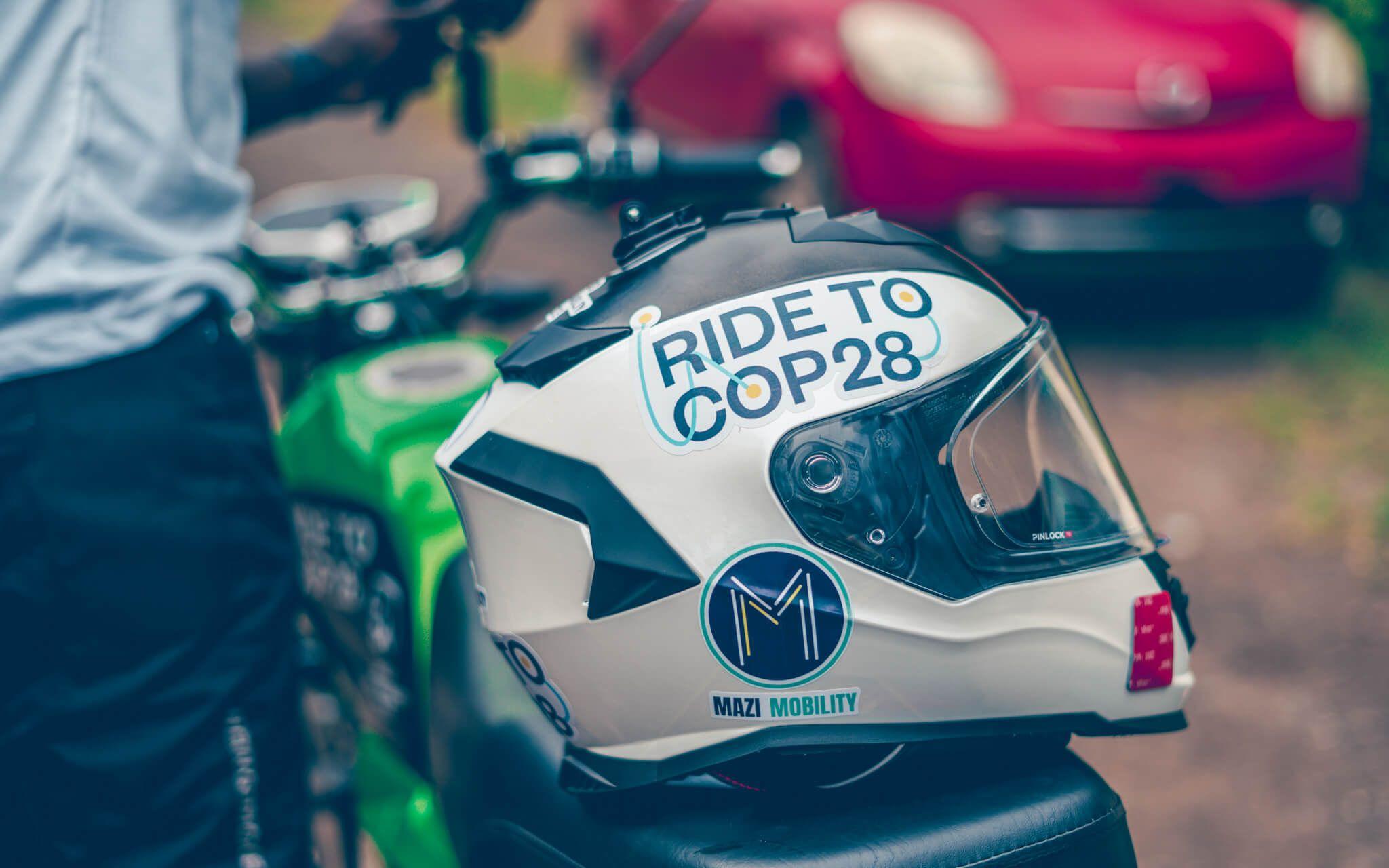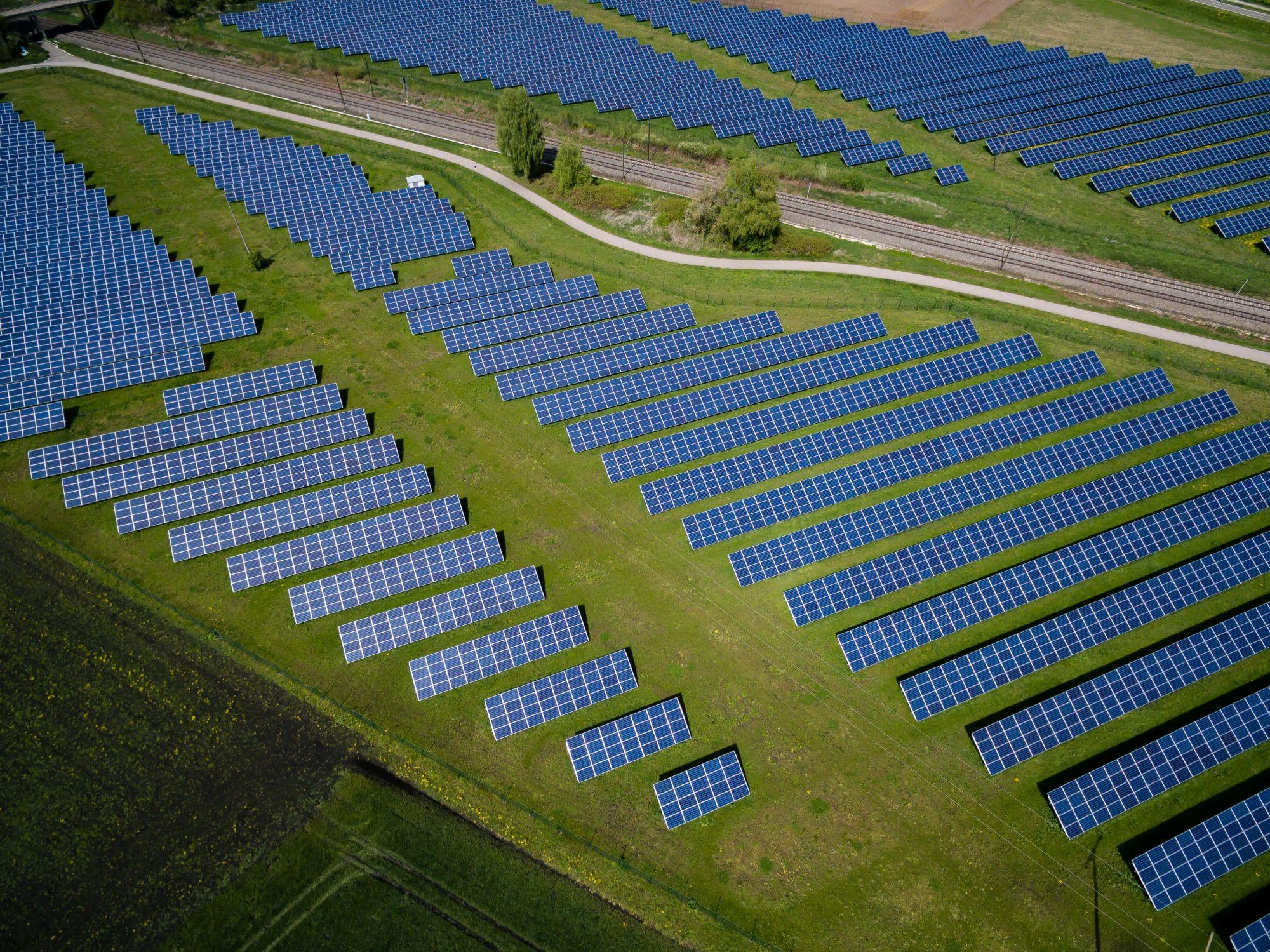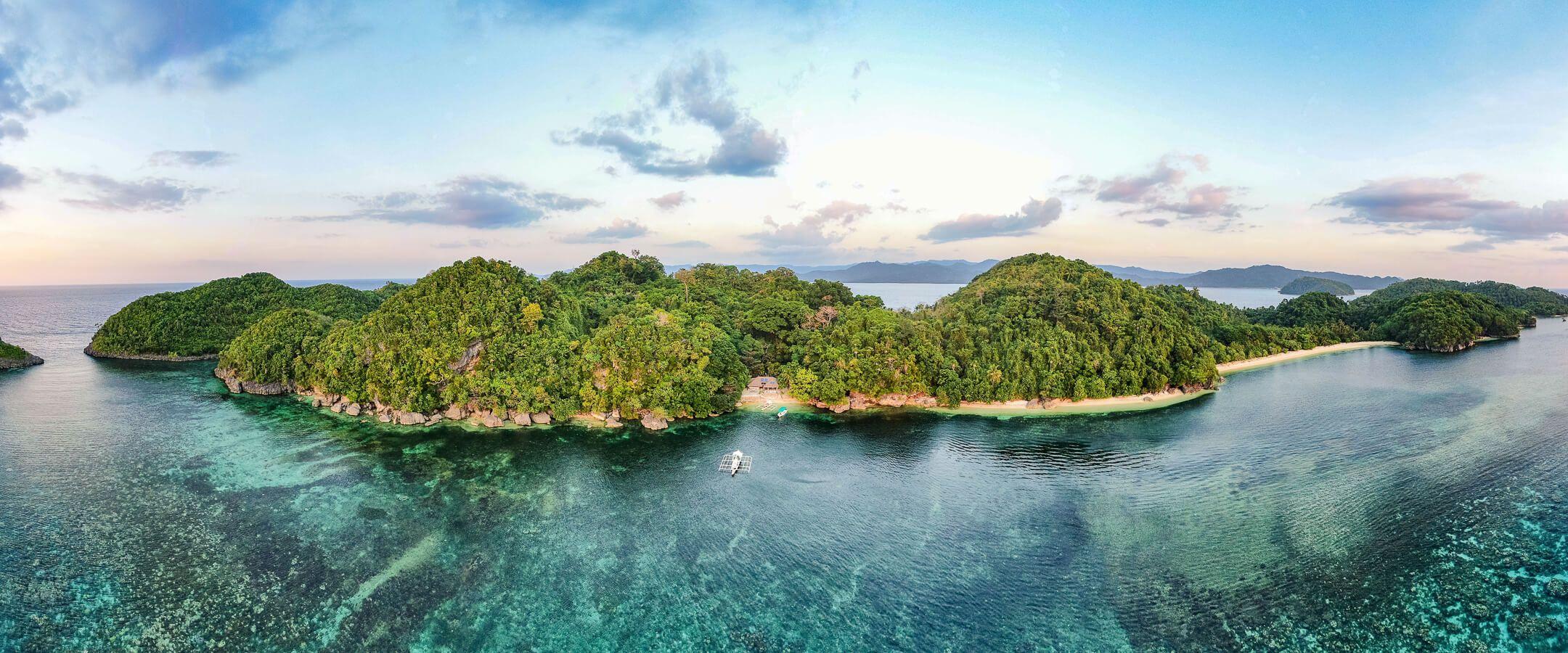Sparking Solutions with Climate Call
When UAE Independent Climate Change Accelerators (UICCA) launched Climate Call at COP28, they envisioned more than just another competition - they wanted to revolutionise climate solutions and empower young people worldwide.
“In Delhi, because of the heat waves, you cannot even go out, and it just burns our skin,” says Zainab Brie, climate justice advocate and youth innovator. Zainab’s journey to climate action is one mirrored by young people around the world.
Climate change is getting worse.
A thousand kilometres away, in the UAE, temperatures are skyrocketing twice as fast as the global average, and finding solutions to the issue of climate change is crucial. And when your future is intertwined with the future of our continued stable climate, you’re more likely to find the perfect solution.
The youth of today, on the cusp of a possible new world, are just the group to find it.
Enter Climate Call, a global solution platform driven by young people.
Leveraging GPT-4 AI technology, Climate Call evolved into a dynamic hub for global collaboration on pressing environmental issues. Young people were invited to submit their ideas for solutions across three critical challenges: Ensuring Energy Sustainability, Ensuring Enough Food for All, and Water Scarcity to Water Security.
These innovators of tomorrow could propose ideas, receive community feedback, and refine their solutions before presenting them to a panel of expert judges.
Climate Call presented an ambitious vision: to empower young voices to address urgent environmental challenges and, ultimately, redefine climate action.
Powering Up Energy Access
"How can we empower the communities on their own?” This was a question asked by Zainab Bie.
Decentralised. Community-run. These are all terms defining the climate movement for young people. This is the future. Rather than relying on governments and corporations to do the right thing, this new generation of climate advocates is taking matters into their own hands, and they believe neighbourhoods should too.
RenewComm (which won the energy category) champions community-led wind energy. Founded by Zainab Bie and her team, Iqra Afreen and Kaif Ali, RenewComm proposes a future where local communities manage their own energy destiny through designing, installing and maintaining small-scale wind turbines tailored to their needs.
“The whole idea of energy independence was something I was super intrigued by because this is where I thought we could actually empower the local communities, the grassroots workers and the people as a whole," Zainab explains.
"I've been working in the climate justice space for three years, and the whole idea of inequity really moved me," she shares. Living in Delhi, she witnessed firsthand the acute need for renewable energy transition.
"For the decentralisation angle, I basically wanted to create village-led wind turbines, which are maintained and owned by the community people itself," she notes.
Fellow finalist Nicolas Cuadrado brings his own unique perspective to the energy challenge. Drawing on his experience working on access projects in Rwanda, the Colombian engineer proposes a creative "circular economy" solution - a system of exchangeable batteries charged through decentralised solar home systems.
"Giving isolated communities access to energy is challenging because of the many costs and complexities associated with engineering projects," he explains. "Access to both conventional and renewable energy requires access to the transmission and distribution system, which is hard to implement."
Nicolas and his co-founder David created Cycle, a system of exchangeable batteries designed to work in solar homes. “Essentially, creating a circular economy based on energy," Nicolas explains. “We remove the need for that infrastructure and focus solely on access, offering a wireless system of energy sharing."
Cycling rechargeable batteries between community members, Nicolas believes, can catalyse development, create new opportunities, and dramatically improve quality of life - all without the logistical headaches of a traditional power grid.
From Rotten to Revolutionary
"In the UAE, 38% of food daily goes to waste - that's equivalent to six billion dirhams annually," says Haya Nassrullah, one of three women dedicated to reducing food waste.
"We wanted to find a way where we can link the people who have extra food with the people who are in need."
FoodRescue, developed by PhD candidates Haya, Mariam Ouda, and Yazan Ibrahim, believe a mobile app could be the answer to food insecurity. Their mobile app creates a seamless network between charities, families in need, restaurants and hotels, facilitating the distribution of surplus meals.
But the FoodRescue team sees their app not only as a way to reduce food waste but also as a way to bring communities together: "We encourage a community of people, where people care about each other, and they share," explains Haya.
And while some are bringing people together, others are here to save that which is rotten from the landfill.
Chemical Engineer Marcellin Premila Jerome (who won for her idea, Trash to Treasure) transforms agricultural waste into a game-changing food preservation solution.
"I wanted to utilise food waste in the form of fruits and vegetable peels, rotten produce, or agricultural residue to extract cellulose," Marcellin explains. This natural biopolymer creates protective coatings that significantly extend the shelf life of fresh produce. The UN estimates that nearly a fifth of all food produced is discarded before it’s even consumed, contributing to methane gas emissions in landfills and leaving millions without access to meals.
Her inspiration stemmed from her master's thesis work, where she explored repurposing paper waste for carbon capture. "I wanted to utilise that same methodology and see if we could also apply it for food waste and help ensure food security," she shares. "When it comes to importing and exporting fruits and vegetables, especially in the UAE, we can now make sure they can move across borders without contamination or reduction in nutritional value or quality."
Currently in the research and development phase, the project aims to implement circular economy principles. "I wanted to make sure that my idea, such a simple idea, could eventually help us to better feed communities across the world," Marcellin notes.
Water, Water Everywhere
Raised in the UAE, Nour Abdelrahamn and Sana Eid, two PhD candidates, are used to a familiar sight – palm trees.
“We can see palm trees everywhere - there’s more than 50 million palm trees around the UAE,” explains Nour. And while these trees form a crucial part of the region’s biodiversity and food heritage, they also have a surprising downside: a massive amount of waste.
AquaPalm (winner of The Water Scarcity to Water Security category) ingeniously converts date palm waste into water purification solutions. "We extract cellulose, which is the most abundant natural polymer available around the world, making up about 80% of the weight of any biomass, and convert it into an adsorbent that can remove pollutants from different water resources," Nour says.
"We're utilising an abundant resource that's there. Instead of throwing it away, we're making use of it," explains Sana. "The fact that it works, I remember the first time we synthesised it, and it was a perfect shape - that was one of the highlights of our project."
The inspiration for the project stemmed from Nour's research into extracting materials like cellulose, lignin and hemicellulose from biomass. Their solution uses local resources to create bio-adsorbent material that effectively removes contaminants from wastewater and seawater. "This approach is especially relevant where traditional purification systems aren’t feasible due to resource constraints," the team notes.
HydroSentinel, developed by Sahetmyrat Abdullayev and his team, has a different approach to water security through the use of smart home technology. Their IoT technology revolutionises home water management by providing real-time insights into household water usage and preventing waste.
"I woke up at 4 a.m., and the whole place was flooded," he recalls, sharing the point of inspiration for his project. "That's when I decided we need to find a better way to prevent this." Sahetmyrat, a legal studies student with a passion for entrepreneurship, worked with Cole Robert Beasley, a researcher and computer scientist, to develop this technology.
Many home plumbing systems are inefficient, losing water due to leaks and poorly maintained pipes, and as increased flooding due to extreme weather events ravages communities around the world, saving and monitoring water is incredibly important.
"The main problem is water leakage," explains Sahetmyrat. "There are solutions already, but they're pretty expensive and hard to use. Our solution allows you to detect leaks easily without needing to do major plumbing work."
Finding the Future
Today, climate solutions with real-world applications, driven by problems in communities worldwide, have now found a voice.
As Sahetmyrat emphasises, "We don't have time to wait. We should try to find solutions to the problems that exist today. It doesn't need to be super big - we can actually give back to nature more than we are taking." Meaningful climate action doesn't require massive infrastructure or complex systems but rather the empowerment of young people around the world.
These projects offer hope that the next generation isn't waiting for solutions - they're creating them.
Most Popular
The Climate Tribe delivers stories about Biodiversity and Conservation, Circular Economy, Food and Water , and how they intersect with climate.
Subscribe
Get the latest stories inspiring climate action around the globe straight to your inbox.





